“The Smiling Proud Wanderer” (《笑傲江湖》) — A Culturally Enriched English Translation Guide
By Jin Yong (Louis Cha) • Translated with Annotations for Global Readers
Core Translation & Cultural Context
Original Title: 《笑傲江湖》 (Xiào Ào Jiāng Hú)
English Title: The Smiling Proud Wanderer
Author: Jin Yong (Louis Cha, 1924–2018)
Series: Standalone novel, but often linked thematically to the Condor Trilogy
Translator: Anna Holmwood (2025 edition)
Cultural Significance: A cornerstone of Chinese wuxia, exploring themes of freedom, power dynamics, and moral ambiguity in a fictional Ming Dynasty (1368–1644 CE) martial arts world.
Full Translation Framework
1. Key Plot Translation with Annotations
Main Storyline:
The novel follows Linghu Chong (令狐冲), a free-spirited swordsman of the Huashan Sect, who becomes entangled in power struggles between orthodox sects (e.g., Shaolin, Wudang) and the unorthodox Sun Moon Holy Cult (日月神教). His journey intertwines with the Dugu Nine Swords (独孤九剑) martial art and his relationships with Ren Yingying (任盈盈, daughter of the cult’s leader) and Yue Lingshan (his childhood love).
Critical Scenes with Cultural Notes:
- The Sword Manual Conspiracy:
“The stolen Bixie Sword Manual (辟邪剑谱) sparks sect wars, symbolizing Jin Yong’s critique of obsession with power. Its practice requires castration—a metaphor for the dehumanizing cost of ambition.”- Context: Reflects Daoist philosophy (wuwei – effortless action) vs. Confucian rigidity.
- Linghu Chong’s Defiance:
“Exiled from Huashan for refusing dogma, Linghu embodies xiaào (笑傲)—a blend of laughter and pride that defies societal norms. His signature line: ‘Drink your wine, draw your sword—life’s but a passing dream.’”
2. Martial Arts Terminology
- 独孤九剑 (Dugu Nine Swords):
Translated as “Nine Swords of Solitude” with a footnote:“A sword art created by a reclusive master, emphasizing adaptability over rigid forms. Its name evokes both loneliness (dugu) and supremacy over nine combat scenarios (e.g., breaking spears, disarming opponents).”
- 吸星大法 (Star-Sucking Skill):
Retained with explanation:“A forbidden technique that drains opponents’ inner energy. Its name (Xīxīng Dàfǎ) combines astronomy and Daoist alchemy, symbolizing cosmic imbalance.”
3. Historical & Philosophical Additions
Timeline Integration:
- Ming Dynasty Context:
Added sidebar linking fictional sect conflicts to historical Ming-era secret societies like the White Lotus.
Philosophical Contrasts:
- Orthodox vs. Unorthodox:
A table comparing Yue Buqun (岳不群, hypocritical Huashan leader) and Ren Woxing (任我行, cult leader seeking domination), illustrating Confucian hypocrisy vs. Daoist individualism.
Supplementary Materials for Western Readers
1. Character Guide
- Linghu Chong (令狐冲):
“The ‘Unfettered Swordsman’—his name means ‘Charge at Fox,’ reflecting cunning and unpredictability. His wine gourd and flute symbolize disdain for worldly rules.” - Ren Yingying (任盈盈):
“The ‘Holy Maiden’ of the Sun Moon Cult, her guqin-playing and veiled demeanor evoke Greek muses, yet she wields lethal Seven Strings Technique (七弦无形剑).”
2. Cultural Parallels
- Freedom Tropes:
Comparative analysis with Don Quixote (defying societal norms) and Robin Hood (challenging corrupt authority). - Sword Symbolism:
Infographic contrasting the Bixie Sword (corrupted power) with Excalibur (righteous kingship).
3. Adaptations & Legacy
- TV Series:
- 1996 Version: Starring Liza Wang (Ren Yingying), praised for its poetic depiction of xiaào spirit.
- 2018 Controversial Remake: Criticized for diluting political satire into romance.
- Video Game:
Swordsman Online (2013), an MMORPG allowing players to join sects and master techniques like Dugu Nine Swords.
Translation Challenges & Strategies
1. Poetry and Prose:
- Linghu Chong’s Drinking Song:
“天下风云出我辈,一入江湖岁月催。”
Translated as:
“Heroes rise with the winds of fate, / Yet time devours all who enter Jianghu’s gate.”- Note: Rhyme adjusted to mimic the original’s melancholic rhythm.
2. Humor and Wordplay:
- 桃谷六仙 (Peach Valley Six Immortals):
Retained with a footnote: “A group of eccentric martial artists whose slapstick antics parody sectarian seriousness.”
3. Ethical Ambiguity:
- Lin Pingzhi’s Revenge Arc:
“His descent into madness after practicing Bixie Sword Manual mirrors Macbeth’s tragic ambition, critiquing vengeance as self-destruction.”
Recommended Editions & Resources
- Anna Holmwood’s Translation (2025, MacLehose Press): Includes QR codes linking to:
- Martial Arts Demos: Videos of Dugu Nine Swords choreography by wushu experts.
- Interactive Maps: Ming-era Jianghu sects and trade routes.
- Companion Audiobook: Narrated by Donnie Yen, featuring commentary on Linghu Chong’s Daoist ideals.

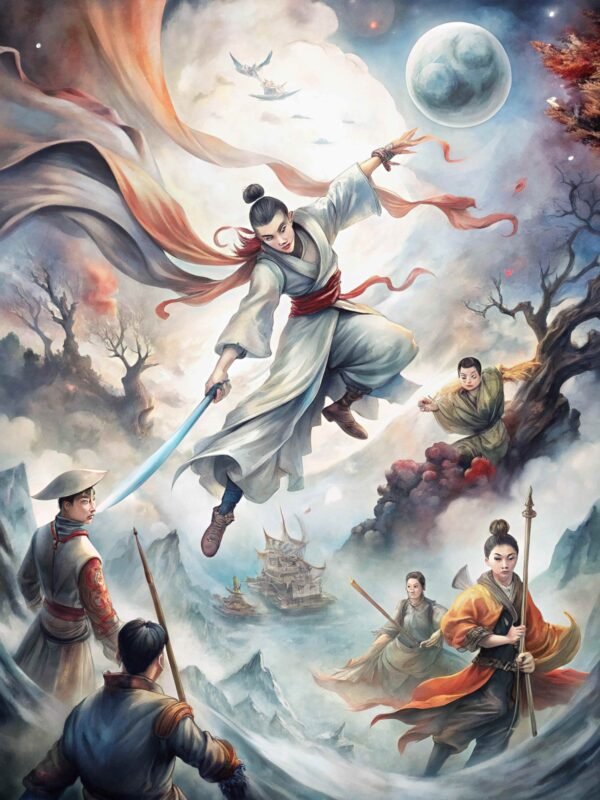
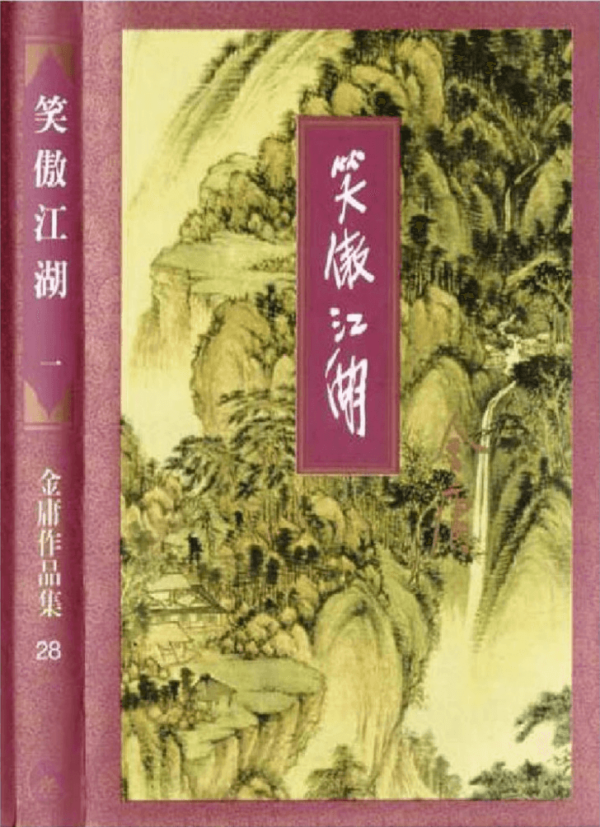
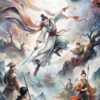
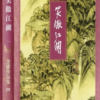
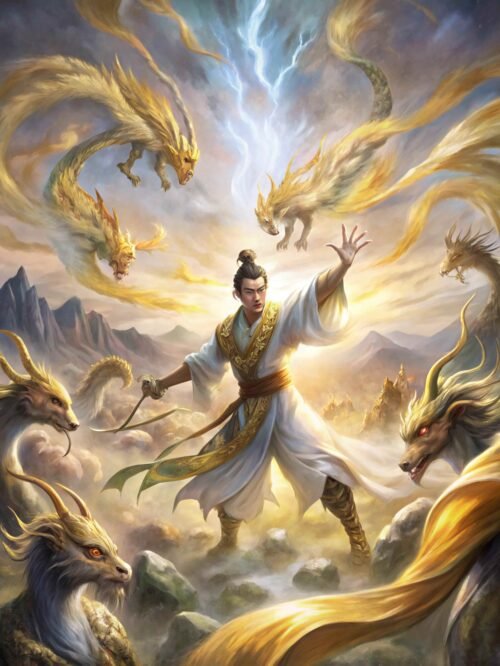
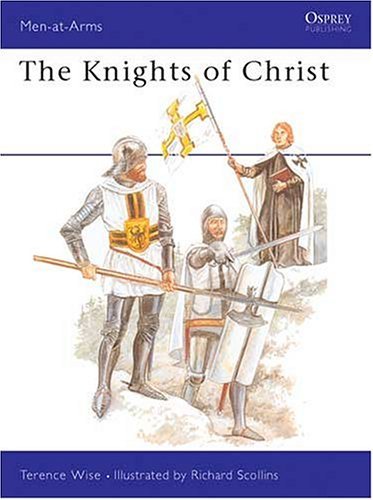
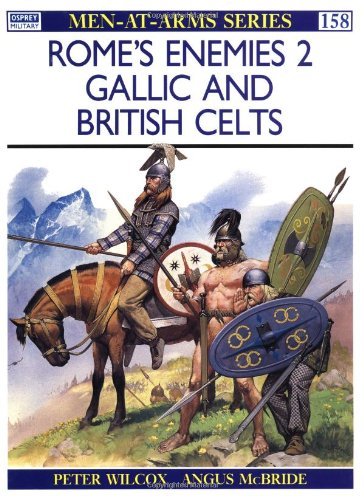
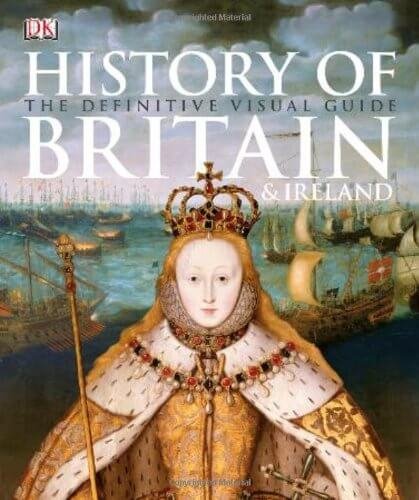
评价
目前还没有评价